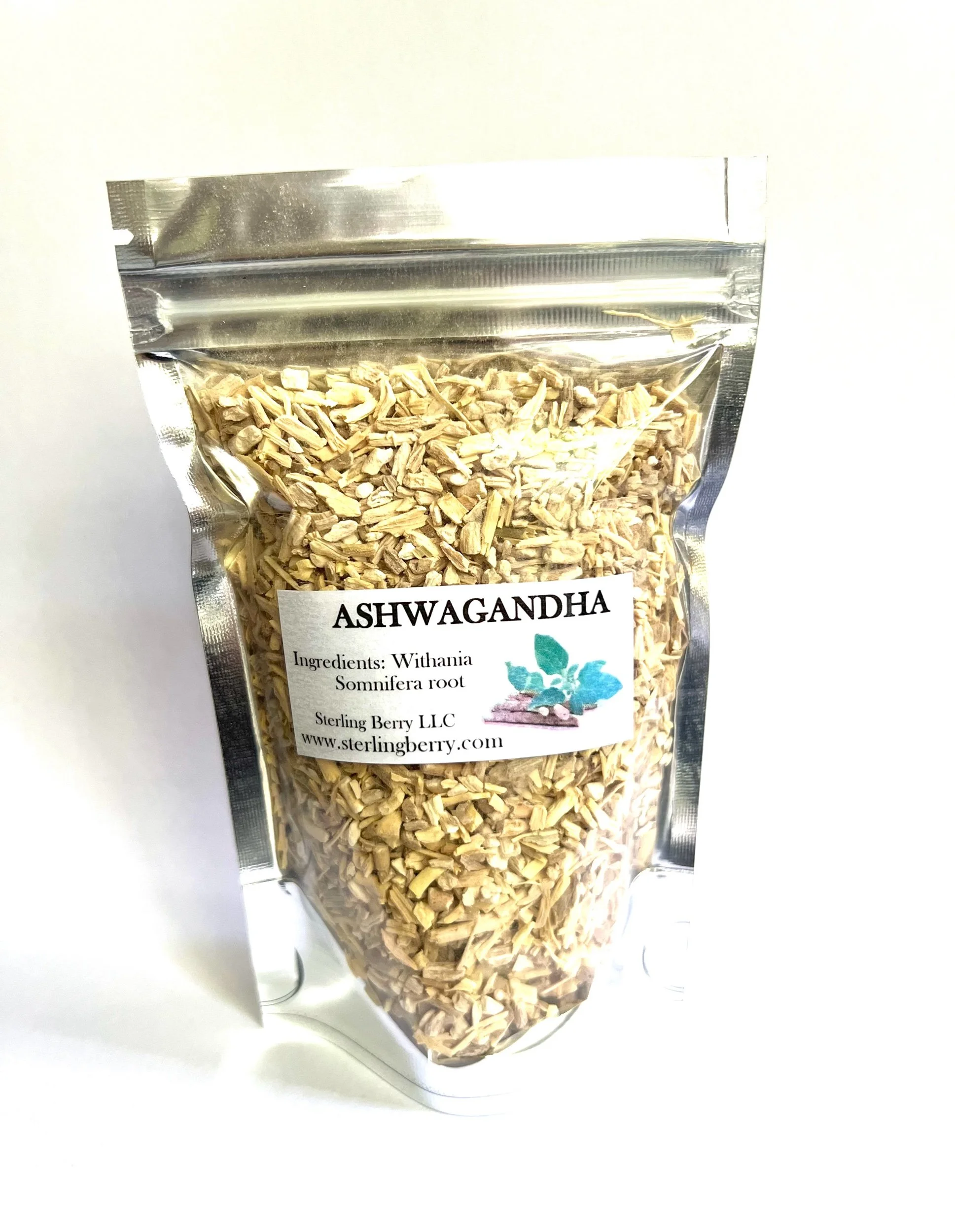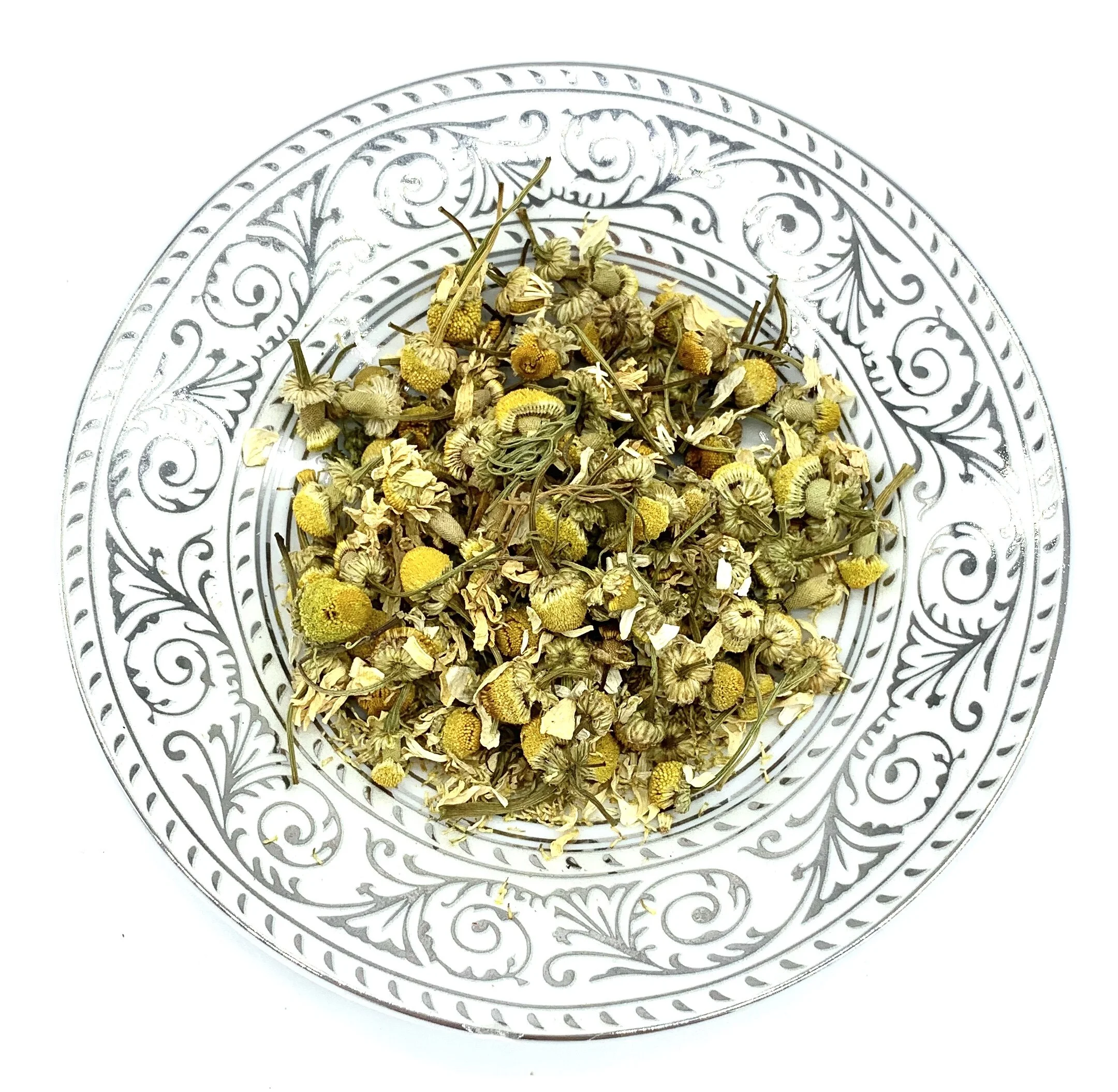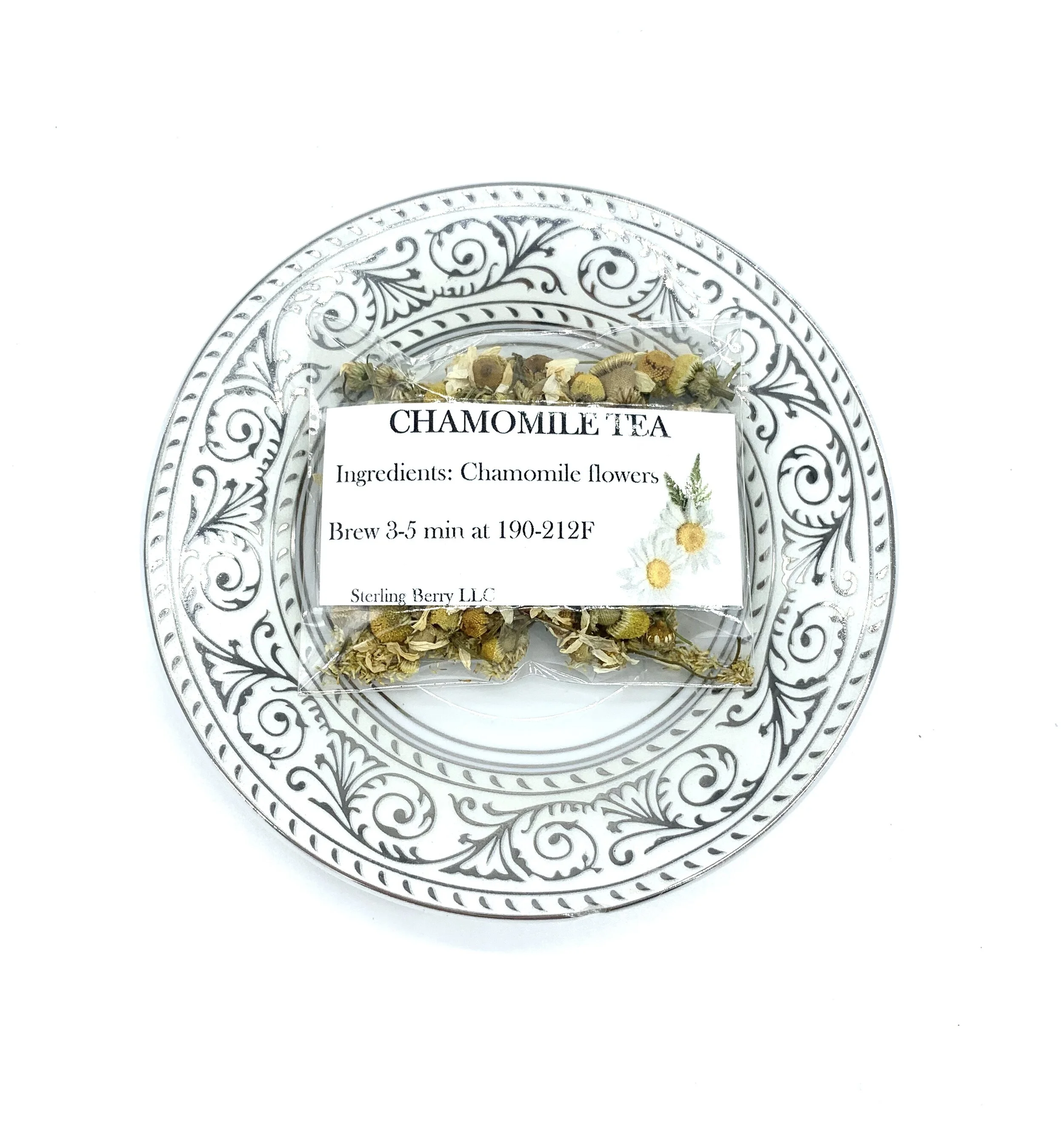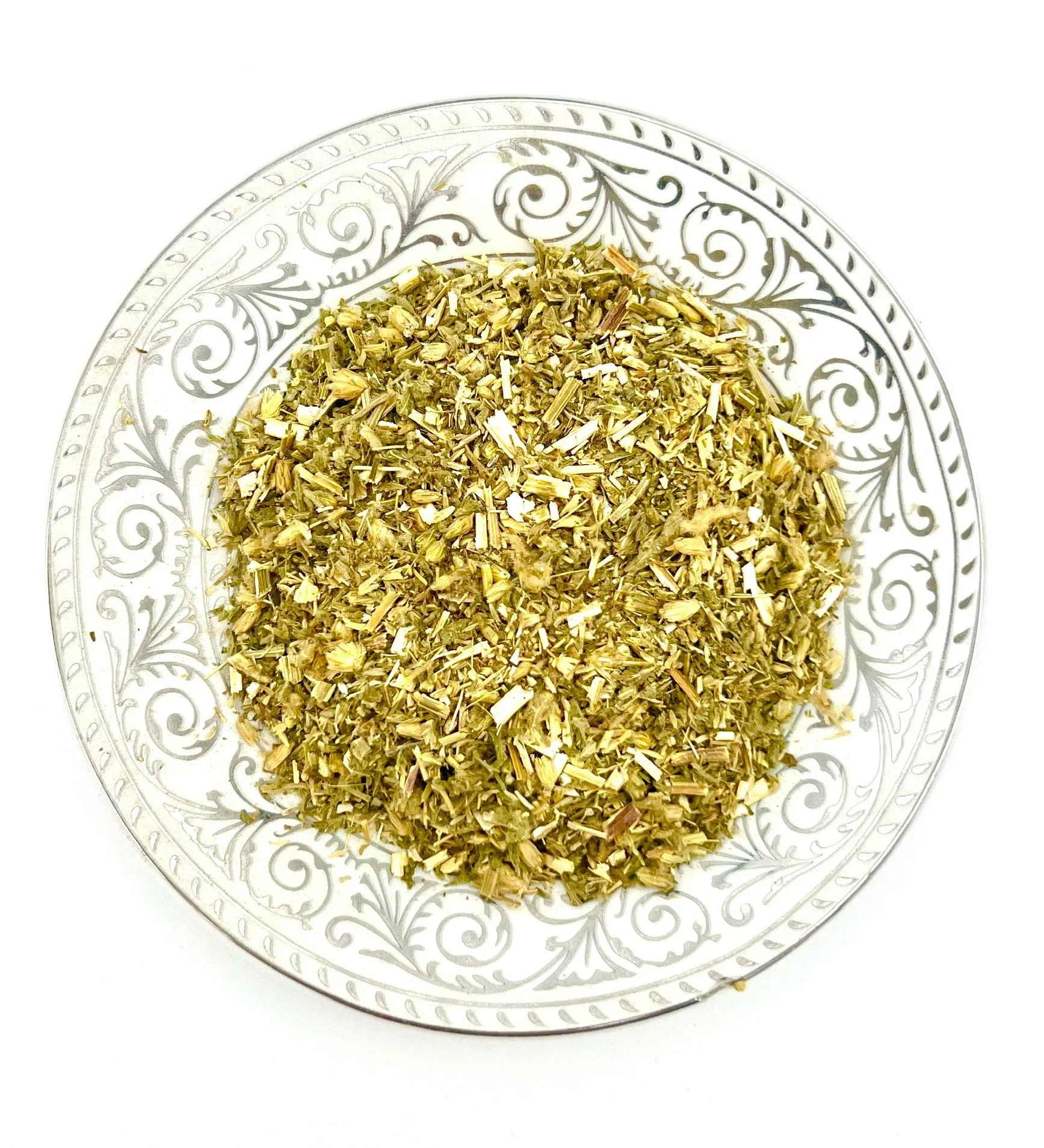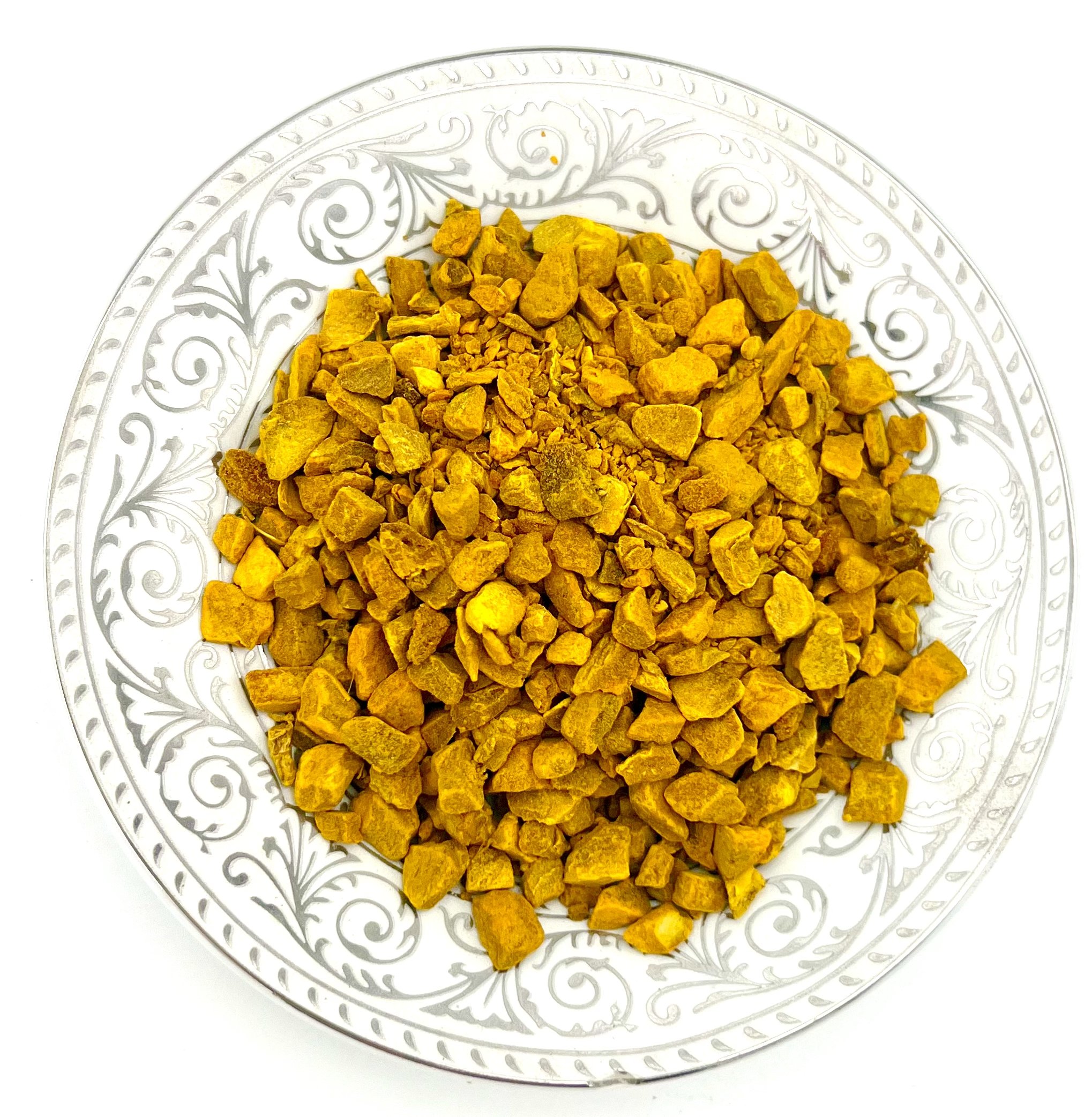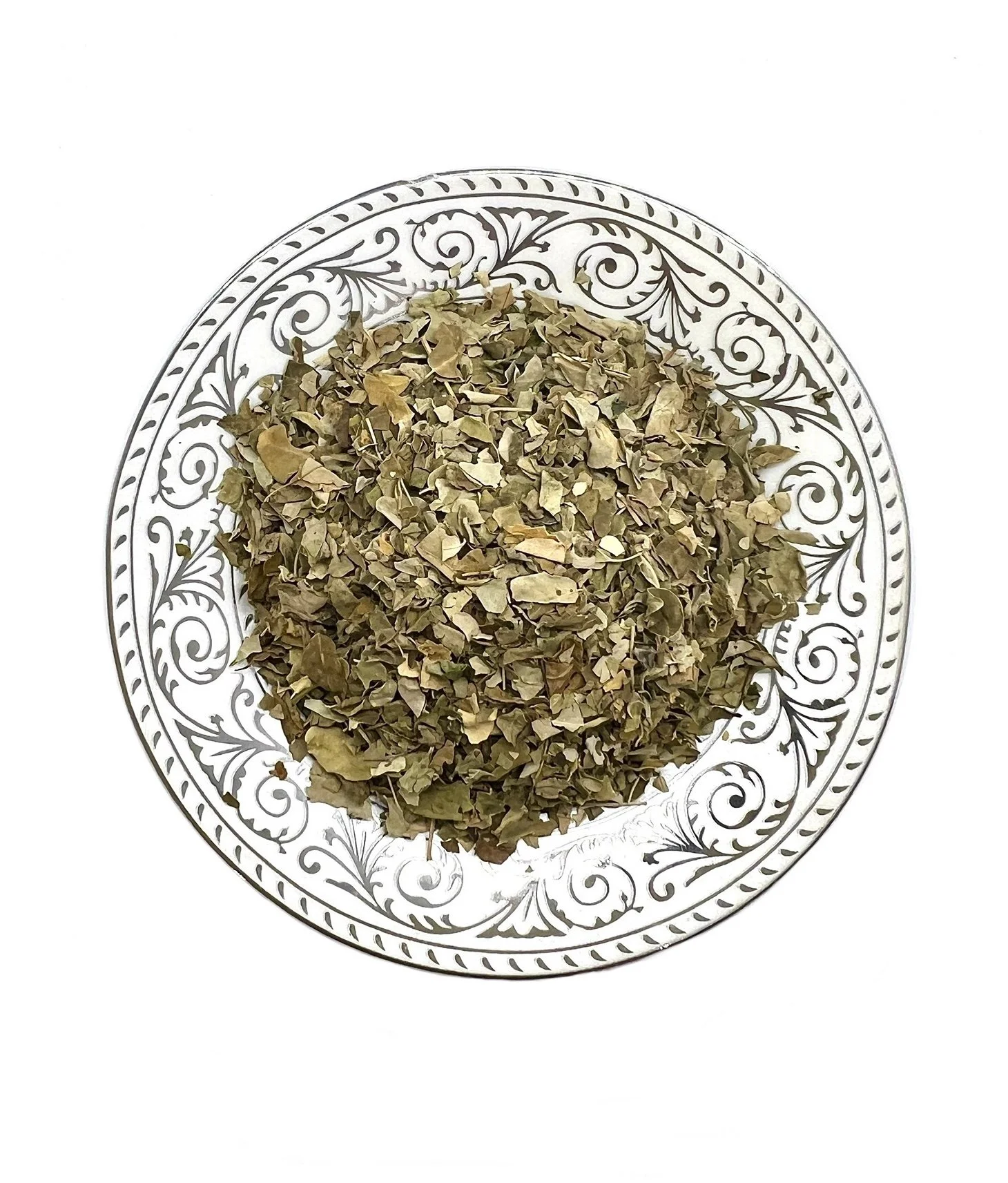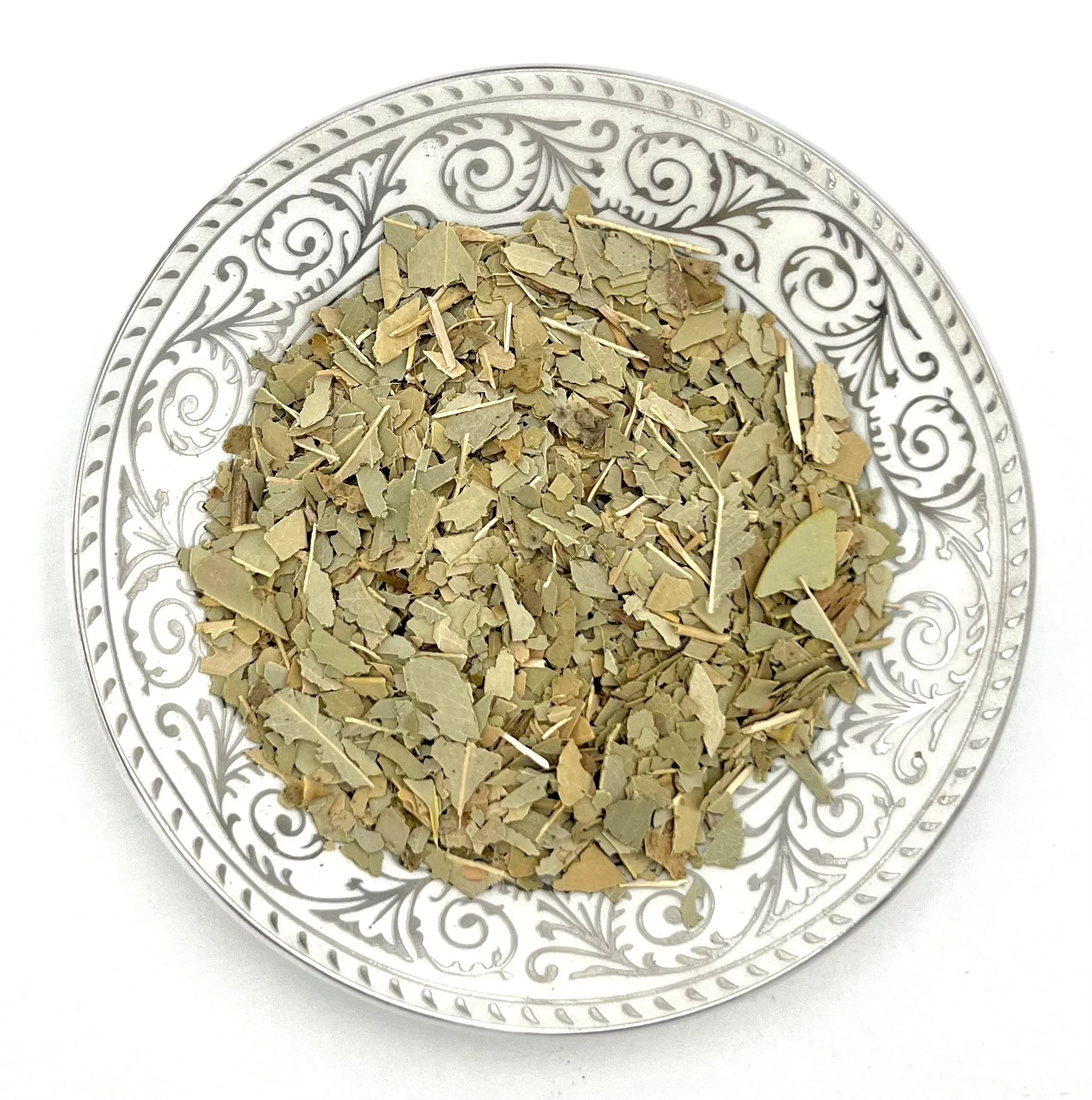Ashwagandha Root
Ashwagandha Root
Ashwagandha is an evergreen shrub that grows in Asia and Africa. It is commonly used for stress. There is little evidence for its use as an "adaptogen."
There's some early evidence that ashwagandha affects the immune system and helps reduce swelling, from both arthritis and fluid retention. However, the practical benefits and risks for people aren't clear yet.
One study found that a compound containing ashwagandha helped relieve osteoarthritis symptoms. It's not clear which of the ingredients had the benefit since ashwaganda is traditionally used in combination with other herbs. Ashwagandha might help lower blood sugar in people with type 2 diabetes and lower high cholesterol. Since ashwagandha has sedative effects, it could help ease anxiety and stress -- in fact, human studies have indicated as much. There is some preliminary research that it may help with epilepsy and memory loss, but these results are too early to say for sure if it could benefit humans.
Some lab tests of cancer cells have found that ashwagandha might slow down their growth. Animal studies have found that ashwagandha could boost the effects of radiation therapy. However, these are early results. It isn't known if ashwagandha will help people with cancer.
People use ashwagandha for other health conditions, including anemia. It is high in iron and has been shown to help increase hemoglobin levels.
If you take any drugs or supplements regularly, talk to your doctor before you start using ashwagandha. It could interact with sedatives, blood thinners, thyroid supplements, drugs that suppress the immune system, and drugs for anxiety, high blood pressure, and diabetes. Ashwagandha might also interact with supplements that cause sleepiness, like St. John's wort, kava, valerian, and others. Given the risk of miscarriage, pregnant women should not use ashwagandha. Women who are breastfeeding should also not use the herb.
(https://www.webmd.com/diet/supplement-guide-ashwagandha)

